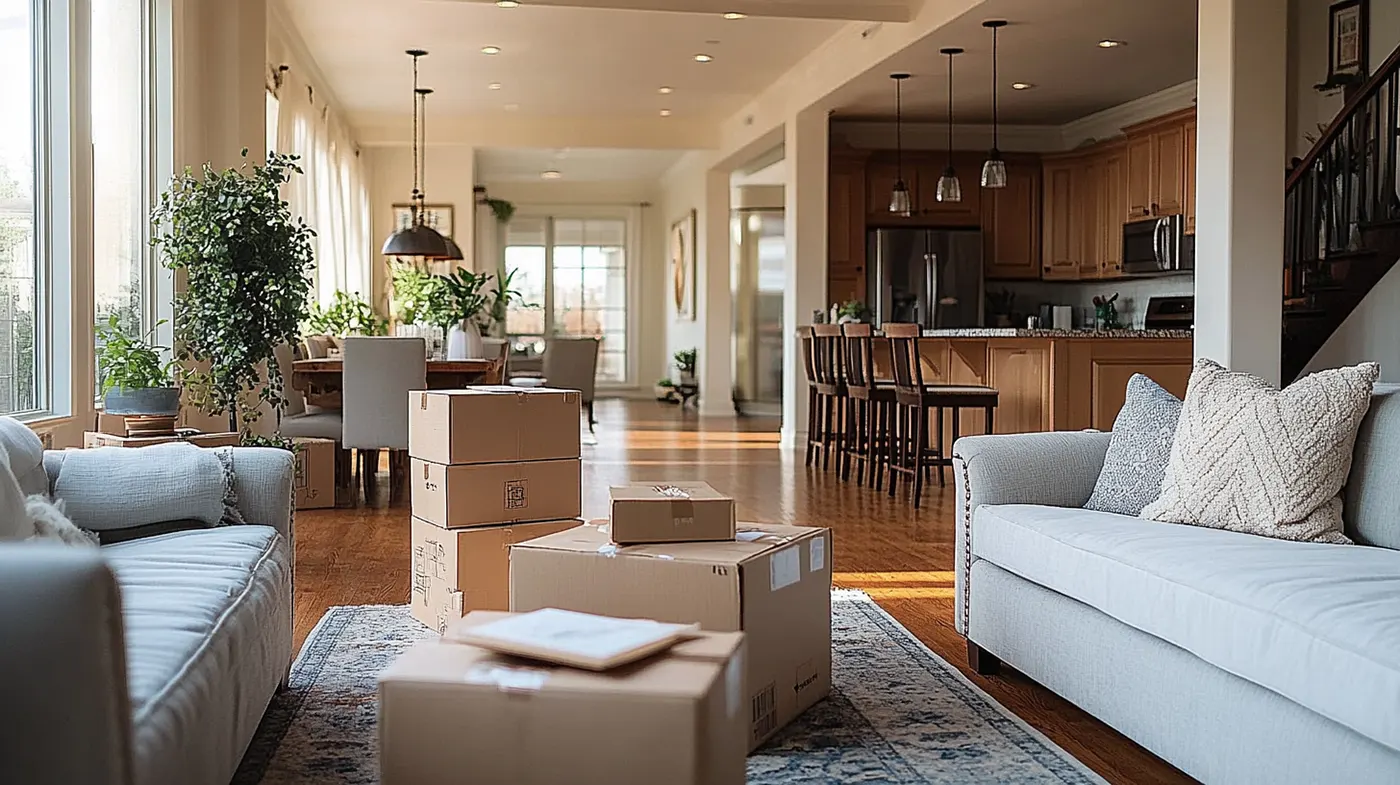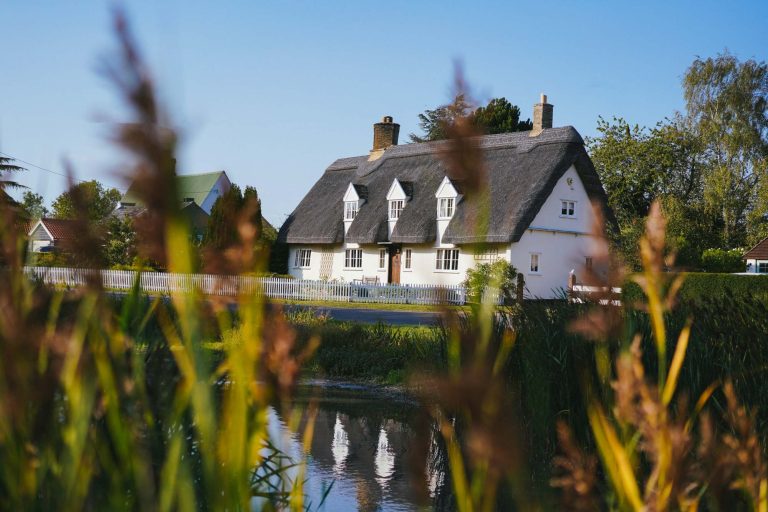Moving house is an exciting yet challenging experience.
Amidst the chaos of packing boxes, organising logistics, and finalising paperwork, it’s easy to overlook the importance of proper moving house etiquette.
However, ensuring a smooth transition for both yourself and the new occupants of your home is essential to making the process as seamless and stress-free as possible.
Leaving Your Home in Good Condition

A crucial aspect of moving house etiquette is leaving your property in a clean and presentable state.
The condition in which you leave your home speaks volumes about your consideration for the new occupants.
A thorough clean-up before you leave is not just a kind gesture but a practical necessity.
Start by focusing on high-traffic areas such as the kitchen and bathrooms. Wipe down surfaces, ensure appliances are spotless, and take the time to vacuum or mop the floors.
If the property has carpets, consider arranging a professional deep clean to remove any lingering dirt or smells.
If you have a garden or outdoor space, a quick tidy-up can make a significant difference.
Trim overgrown hedges, mow the lawn, and clear away any rubbish to ensure the property is welcoming upon arrival.
What to Leave Behind
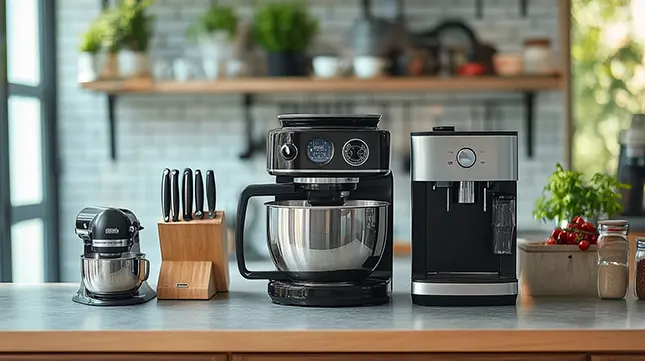
Knowing what to take and what to leave behind can sometimes be confusing.
As a general rule, fixtures and fittings that are considered integral to the property should remain.
This includes built-in appliances, light fixtures, curtain poles, and fitted wardrobes.
Items such as furniture, decorative pieces, and personal belongings should be removed unless otherwise agreed upon with the new owners.
Leaving behind essential information, such as instruction manuals for appliances, utility provider details, and any spare keys, can be incredibly helpful for the new occupants.
This thoughtful gesture will help them settle in with ease.

Clear and Open Communication
Maintaining open communication throughout the moving process is a fundamental part of moving house etiquette.
Informing your neighbours about your moving date and potential disruptions can prevent any misunderstandings or inconveniences and make your moving day a more enjoyable experience for everyone involved.
If possible, coordinate with them to ensure minimal disturbance, particularly in areas with shared driveways or communal spaces.
Staying in touch with the new homeowners is also beneficial.
Whether it’s answering any last-minute questions, they may have or provide guidance on the local area, a friendly and helpful approach can foster goodwill and make their transition smoother.
Managing Utility Transfers

A seamless transition of utilities is another important aspect to consider during your move.
Make arrangements to settle any outstanding bills and inform your service providers of your move well in advance.
Taking final meter readings and notifying the new occupants of relevant account details will help them avoid any unnecessary confusion or unexpected charges.
Redirecting your mail through the Royal Mail’s forwarding service ensures that important correspondence is not missed.
This small step can help prevent any potential complications in the weeks following your move.
Being Considerate to Your Movers
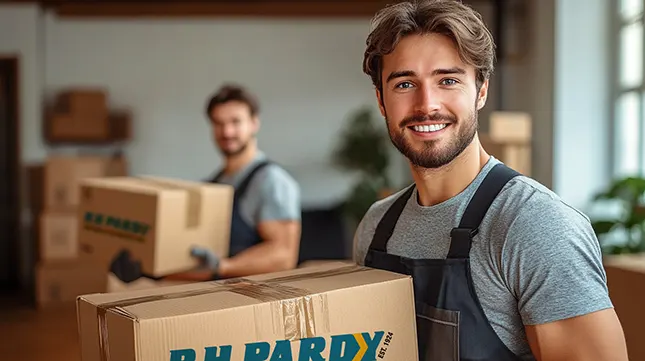
Your removal team plays a vital role in ensuring your move is successful and treating them with respect and courtesy goes a long way.
Offering them refreshments, providing clear instructions, and ensuring they have easy access to the property can help them complete their work efficiently.
Remember to discuss parking arrangements with your moving company in advance to avoid any last-minute issues.
Settling Into Your New Neighbourhood

Once you arrive at your new home, it’s important to be mindful of your new neighbours.
Introducing yourself and informing them about your moving day schedule can create a positive first impression.
If your move involves any significant noise or disruption, giving them a heads-up shows consideration and helps establish good relationships from the outset.
Taking time to understand the local area, including bin collection days, parking regulations, and any community events, will help you integrate smoothly into your new surroundings.
The Importance of Timing Your Move

Choosing the right time to move can have a significant impact on the entire process.
Try to avoid moving during rush hours or peak seasons to reduce the stress of traffic and logistical delays.
Planning your move for a weekday or during off-peak hours can make the transition much smoother.
If you have any questions about the best time to move you can check in with your removals company for their advice.
Handling Last-Minute Challenges
Unexpected challenges can arise during any move, and it’s important to remain flexible and prepared.
Keep a checklist of essential contacts, including your removals company, estate agent, and utility providers, so you can quickly address any issues that arise.
Final Walkthrough and Inspection
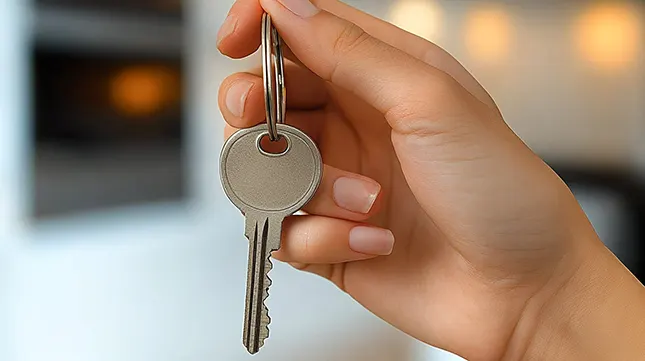
Before handing over the keys, conducting a final walkthrough of your old property is essential.
Check all rooms, cupboards, and storage areas to ensure nothing has been left behind.
Secure all windows and doors, and ensure the heating and water systems are turned off or set to an appropriate level.
If possible, provide the new owners with a brief handover note, detailing anything they should be aware of, such as quirks of the property or local recommendations.
Leaving a Thoughtful Gesture
A simple gesture can leave a lasting positive impression on the new homeowners.
Consider leaving a welcome note, a small bouquet of flowers, or a local guide to help them feel at home from day one.
Thoughtful touches can make all the difference and are greatly appreciated.
Ready to Make Your Move?
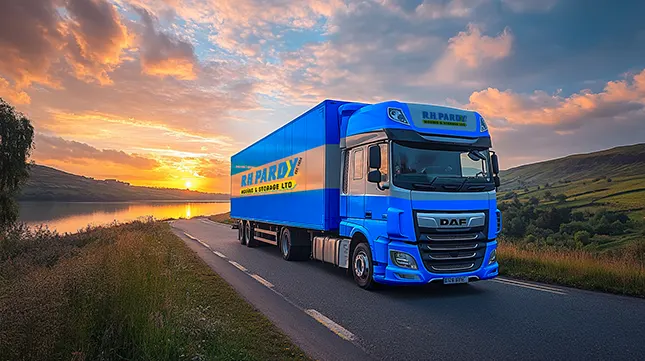
Moving house is a significant milestone, and following proper etiquette ensures a smooth transition for everyone involved.
With careful planning and consideration, you can leave your old home on a positive note and start your new chapter stress-free.
At R.H. Pardy Moving & Storage Ltd, we understand the challenges of relocating and are committed to providing a seamless moving experience.
Our expert team is here to assist with every aspect of your move, from packing and transportation to secure storage solutions.
If you’re planning your next move and need professional support, get in touch with us today!
Call us at 01202 499390 or fill out our online contact form for a free, no-obligation quote. Let R.H. Pardy Moving & Storage Ltd take the stress out of your move and help you settle into your new home with ease.

